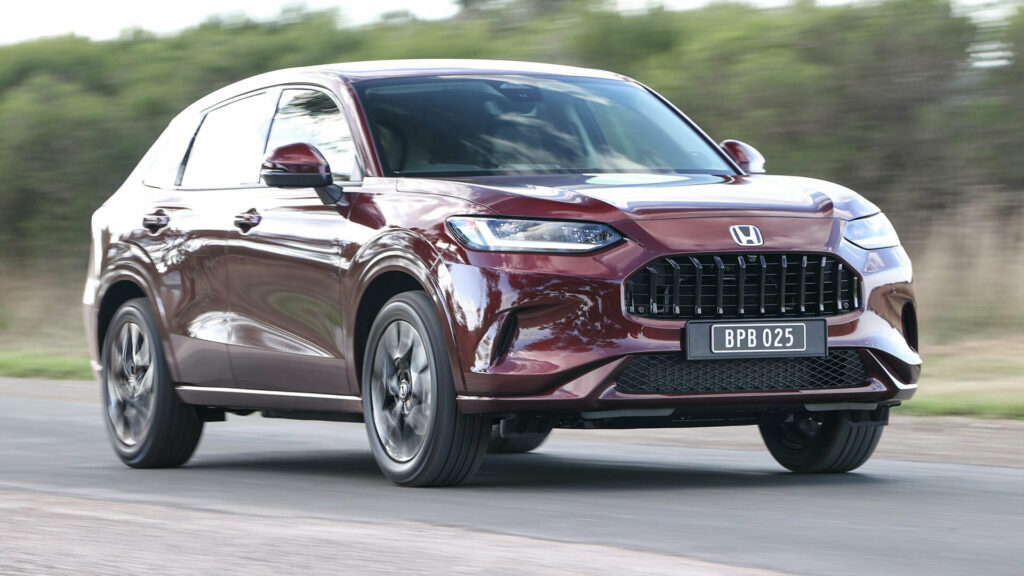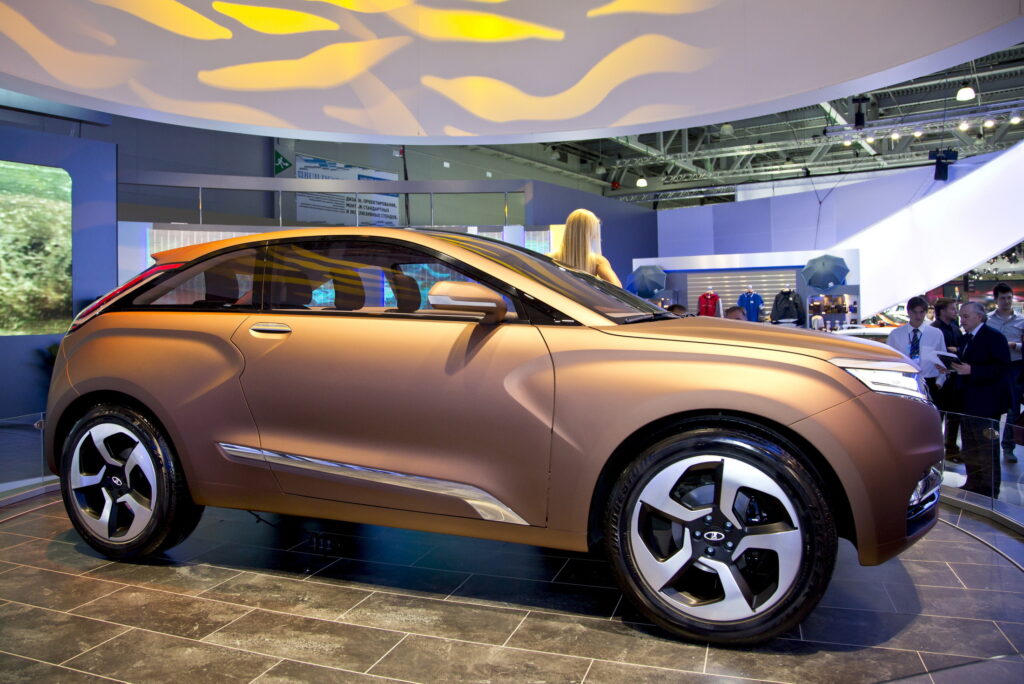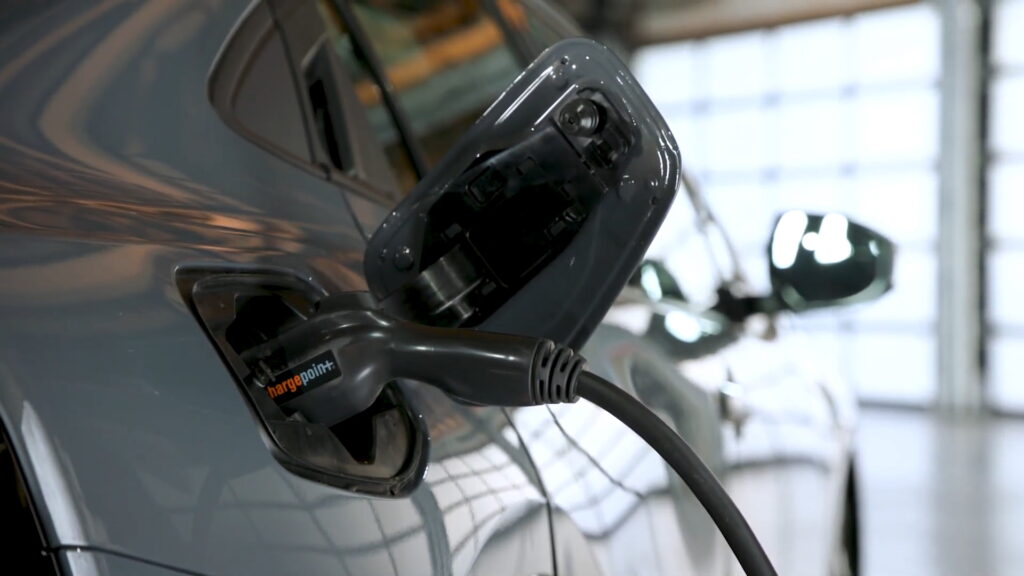Japan will expand its sanctions against Russia, banning the export of several items that could be diverted to military use, including steel, plastic products, and electronic parts. Also included in the list are a number of car types, including all hybrid and electric vehicles, as well as automobiles with an engine capacity of 1900cc or greater.
Set to be implemented on August 9, The Moscow Times reports that the broader restrictions follow similar moves by Japanese allies. In May, state heads met in Hiroshima for a G7 summit, where it was collectively agreed to starve Russia of tech and equipment that could potentially fuel the country’s war efforts. It comes over a year since Russia invaded Ukraine.
While the likes of Toyota and Nissan have stopped manufacturing in Russia, some Japanese automakers continue to sell cars in the country. However, in those cases, the vehicles are often imported in parallel, with many being made in China — not Japan — and sold through dealers’ used car programs.
Related: Floundering Car Sales Point To Badly Deteriorating Russian Economy

Recent research shows that the war efforts have decimated Russia’s new car industry. Prior to the Ukraine invasion, Russian consumers purchased around 100,000 vehicles per month. That figure has dropped to some 25,000.
While domestic manufacturers such as Lada are seeing improved sales, it’s the Chinese automakers that are capitalizing on the departure of many Western automotive nameplates. Exports to Russia tripled to 140,000 earlier in the year, while Chinese automaker Geely saw an 88 percent rise in sales.
Meanwhile, a report earlier this year by The New York Times revealed that foreign luxury cars are still making their way into the country, with listings uncovered for the latest Rolls-Royce, Ferrari, and Chevrolet models. In many cases, dealerships that have had ties severed with Western brands have continued to source new cars via intermediaries, as well as from friendlier nations — sometimes in the hundreds.





